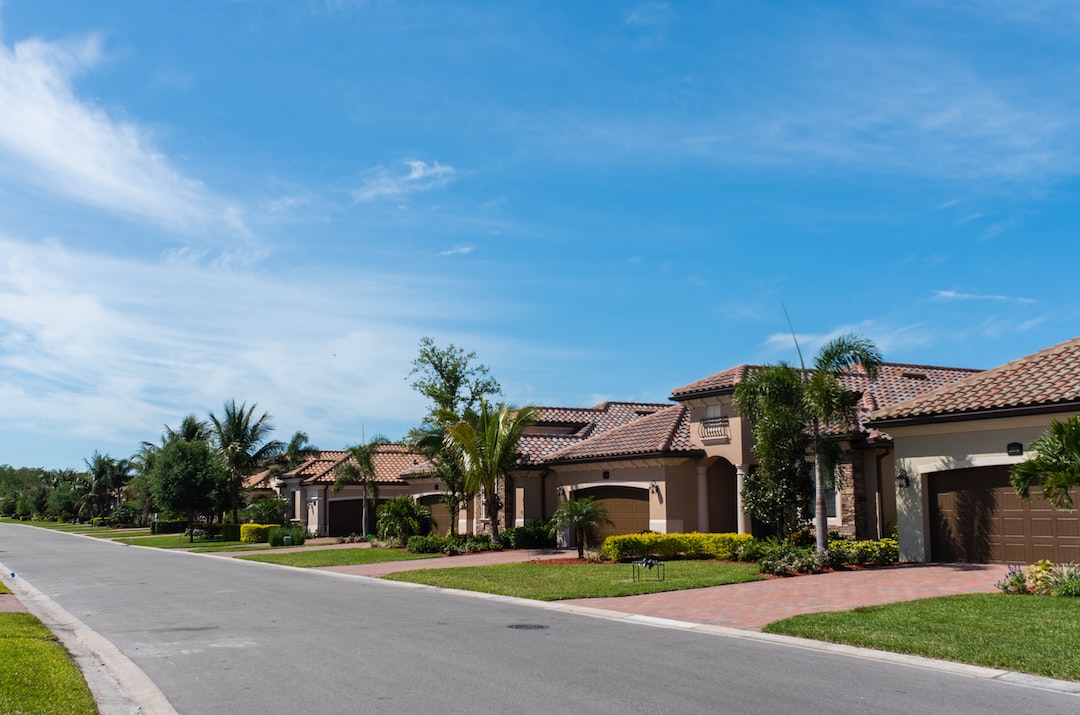The Future of Real Estate: Predictions and Trends
The real estate market has always been subject to change and evolution, but in recent years, the industry has seen a significant shift with the rise of technology and changing demographics. As we look ahead, it is crucial to understand the predictions and trends that will shape the future of real estate.
The first and most significant prediction is the growing impact of technology on the industry. Advancements in artificial intelligence (AI), virtual reality (VR), and blockchain technology are already making waves in real estate, and this trend is expected to accelerate in the coming years. AI will transform the way properties are managed, helping automate tasks such as property maintenance, tenant screening, and even property valuation. VR technology will revolutionize the way properties are showcased, allowing potential buyers to virtually tour homes and properties from anywhere in the world. Blockchain technology will streamline transactions, eliminating the need for intermediaries and ensuring transparent and secure property transfers.
Another trend that will shape the future of real estate is the shifting preferences and behaviors of millennials. As this generation enters its prime home-buying years, their unique demands and values will have a significant impact on the market. Unlike previous generations, millennials prioritize experiences over possessions and are more likely to value flexibility, convenience, and sustainability. This will result in a greater demand for urban, walkable communities with easy access to amenities, as well as an increasing interest in sustainable and energy-efficient homes.
The rise of the sharing economy is another trend that will reshape the real estate market. Over the past decade, platforms such as Airbnb and VRBO have disrupted the hospitality industry, allowing homeowners to rent out their properties to travelers. This trend is expected to continue, with more homeowners looking to capitalize on their unused or underutilized spaces. The sharing economy will also extend to other areas of real estate, such as flexible co-working spaces and shared office spaces, as remote work and entrepreneurship become more prevalent.
In addition to technology and shifting demographics, environmental sustainability will continue to play a crucial role in shaping the future of real estate. With the increasing threat of climate change, there is a growing awareness of the need for energy-efficient and environmentally-friendly buildings. This will lead to an increased demand for green buildings and sustainable infrastructure, as well as stricter regulations on energy consumption and carbon emissions.
Lastly, we cannot ignore the impact of global events and economic conditions on the real estate market. The COVID-19 pandemic has served as a catalyst for numerous changes in the industry, such as an increased demand for suburban homes with more space and the rise of remote work. The future will likely bring more uncertainties and potential disruptions, but also new opportunities and innovations.
In conclusion, the future of real estate is set to be shaped by technology, shifting demographics, the sharing economy, environmental sustainability, and global events. As the industry embraces these changes, it will be essential for real estate professionals to adapt and stay ahead of the curve. By understanding these predictions and trends, we can anticipate and capitalize on the opportunities that lie ahead, ensuring a successful future in real estate.

